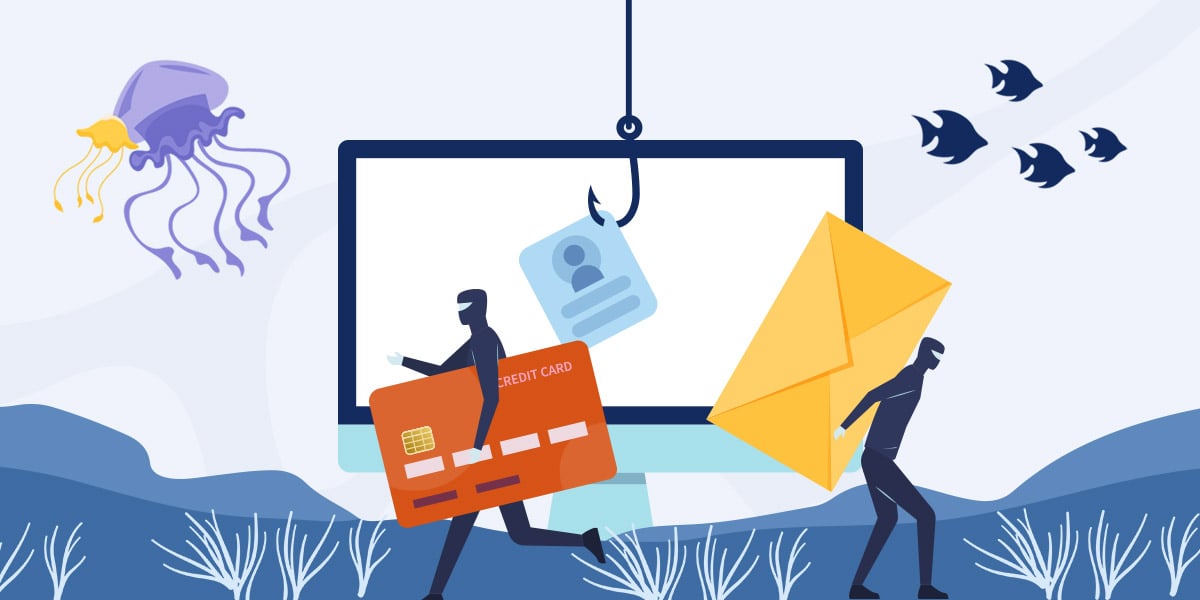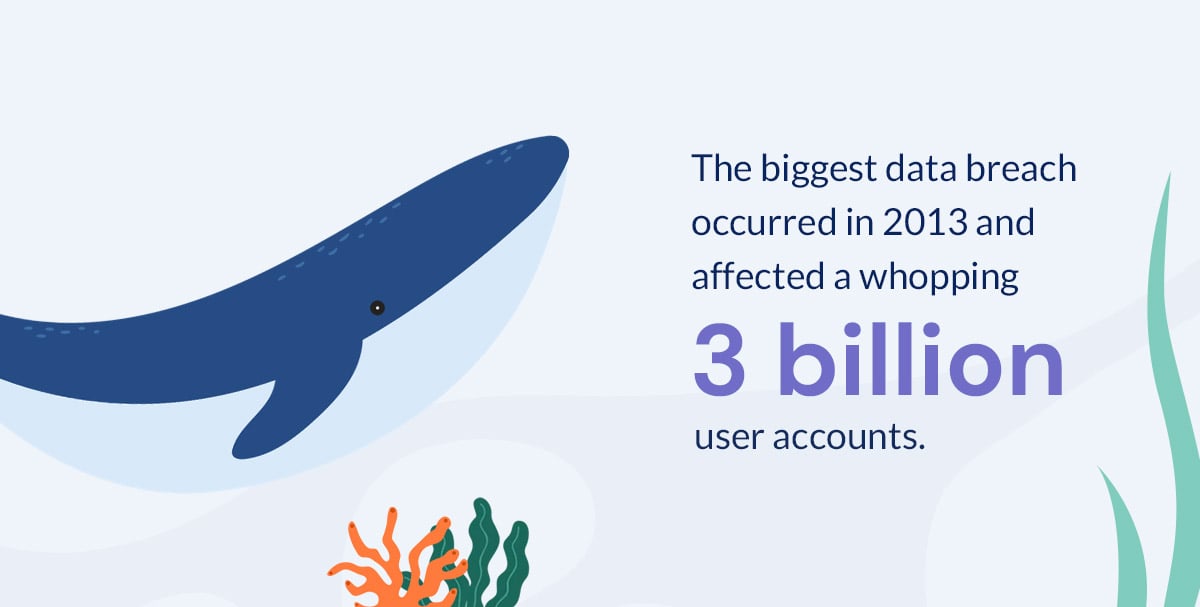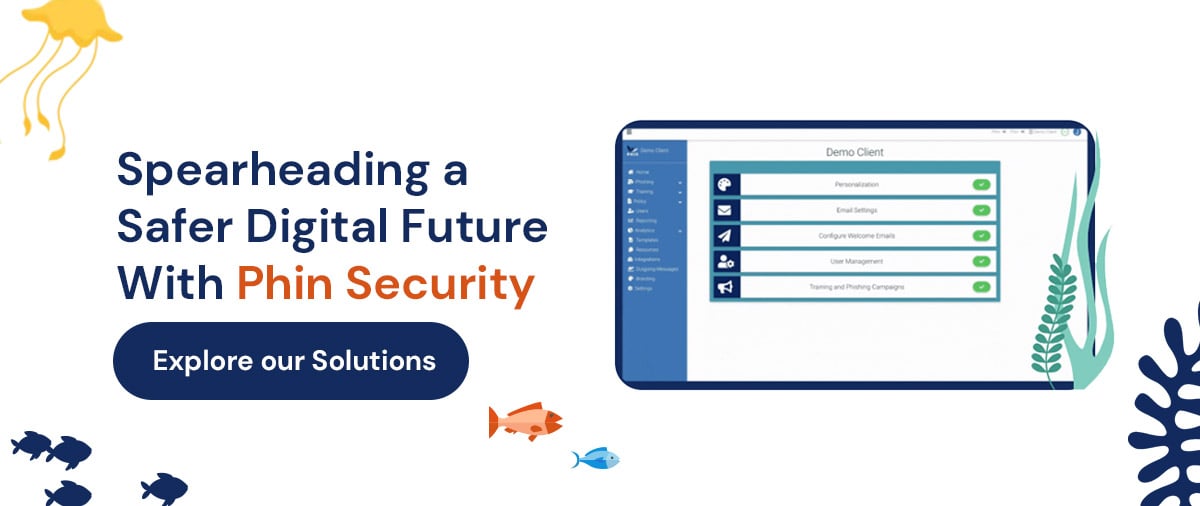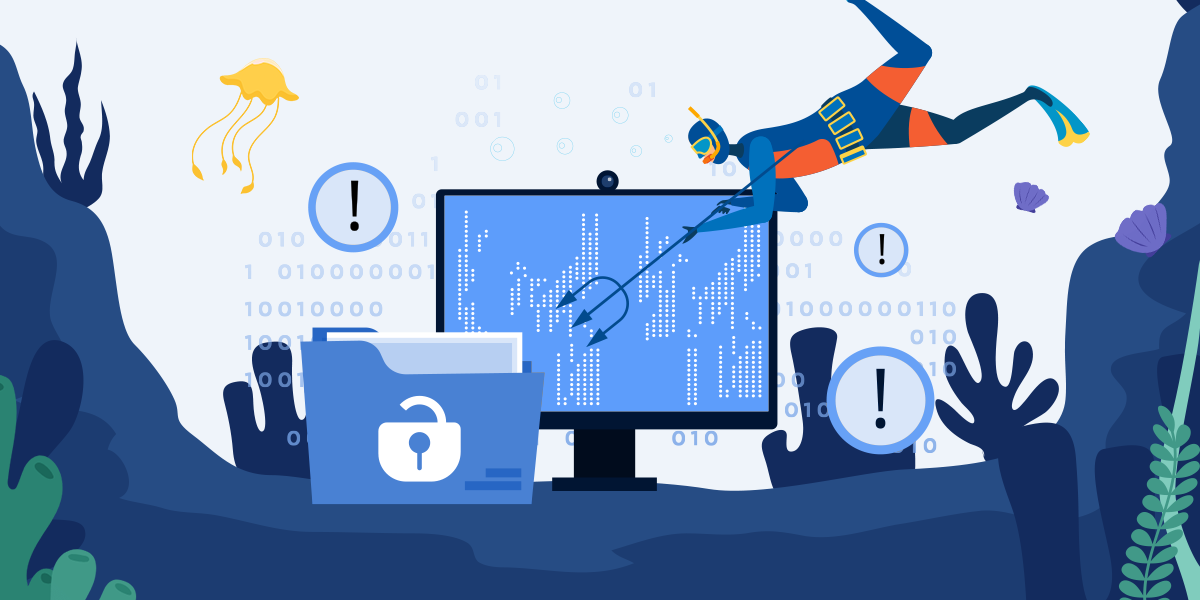


The 10 Worst Security Breaches in History



Some people say there's no bad press, but that's a hard argument to make for the businesses that make headlines for data breaches. Today's data-driven workplaces can increase the challenge of keeping customer data safe, as we've seen through the world's worst data breaches and cybersecurity incidents.
Jump To:
From sensitive health information to basic demographic details, the contents of these breaches range widely, but they can significantly affect the finances and reputation of companies across sectors. Let's take a look at some of the top 10 biggest data breaches in history.
Credit Card and Financial Data Breaches
Starting off our list are credit card and financial data breaches. With highly sensitive information, these breaches can be especially damaging.
1. First American Title Insurance
In 2019, the second-largest title insurance company in the United States exposed 885 million documents due to a vulnerability in its proprietary application. An error in the design gave anyone with the link access to sensitive information with no authentication measures. First American Title Insurance eventually paid $1 million in a settlement with the state of New York.
2. Equifax
Equifax, one of the “big three” credit reporting agencies, exposed the records of about 143 million Americans — over 40% of the country's population — in 2017. These records included names, addresses, birth dates, social security numbers, phone numbers, driver's license numbers and some credit card numbers. This breach occurred due to a vulnerability in Apache Struts, a framework for Java Web applications, which was patched in March but not applied until July.
The Equifax breach was especially significant due to the sensitive information revealed and the company's actions before and after the breach, which included:
- A slow response to updating the system.
- A lack of basic security best practices, like segmenting servers and renewing encryption certificates.
- Failing to disclose the breach until over a month after the discovery.
- Claims of insider trading among top Equifax executives.
- Creating an informational website with an easily spoofed URL.
Ultimately, no fraud or identity theft cases were traced back to the Equifax breach. The United States government believed it was a state-sponsored attack from China and formally charged four members of the Chinese military. After two years post-breach, Equifax had paid $1.4 billion on cleanup costs and $1.38 billion required by the Federal Trade Commission (FTC) for consumer claims.
Health Care Data and Security Breaches
The health care industry also works with highly sensitive data and has strict security requirements from the Health Insurance Portability and Accountability Act (HIPAA). These breaches represent significant costs and risks to consumers.
1. Anthem, Inc.
Anthem, Inc., a major insurance provider in the U.S., experienced a hack in 2015 that compromised the records of nearly 79 million people. Anthem covered about one in eight Americans with its health plans, and this breach contained sensitive protected health information, including names, social security numbers, medical identification numbers, addresses and more.
The company had to take corrective action to address possible HIPAA violations and pay $16 million — a record-high payment for this type of data breach. Anthem found that the hack originated with spear phishing emails sent to an Anthem subsidiary. Investigations also revealed a lack of enterprise-wide risk analysis, sufficient review procedures, minimum access controls and appropriate identification and response.
2. American Medical Collection Agency
American Medical Collection Agency (AMCA) was a debt collection agency that exposed records for at least 21 million Americans between August 2018 and March 2019. An unauthorized individual gained access to the system, pulling sensitive data like names, social security numbers, payment card information and other sensitive personal information.
Investigations found multiple issues with AMCA's security, which failed to detect the intrusion even after warnings from banks about potential fraud. A settlement with the attorneys general of 41 states imposed a $21 million settlement on AMCA, almost sending it into bankruptcy.
Tech Companies and Data Breaches
With so much data flowing through tech companies, these data breaches can be massive.

1. Yahoo
Over the years, Yahoo has experienced one of the largest data breaches ever and several smaller ones. The biggest data breach occurred in 2013 and affected a whopping 3 billion user accounts. Data stolen included names, emails, passwords, birthdays and phone numbers.
The entire hack started with a simple phishing scheme and some unencrypted data storage. Ultimately, Yahoo paid $117.5 million in a settlement and a $35 million fine for not disclosing the incident. Verizon, which acquired Yahoo, also promised to spend $306 million on cybersecurity.
2. Facebook
Facebook is no stranger to data breaches, with a long history of hacking and cyberattacks. This tech company's worst data breach came in 2019 when a security firm found about 540 million records accessible to the public. The information included Facebook IDs, account names, comments, likes, reactions and more.
Other big Facebook breaches include a 2019 hack collecting data from over 300 million accounts and the high-profile Cambridge Analytica scandal in 2013-2015. The FTC imposed a $5 billion fine and extensive security requirements to address Facebook's various security issues. The Cambridge Analytica incident also led to a $725 million settlement.
3. Microsoft
This tech giant has also had several impactful breaches. While most were relatively small, they often contained the emails of high-profile individuals, like government officials or executives. One notable incident occurred in 2023 when a Chinese hacker stole over 60,000 emails from State Department officials. The hacker got through many of Microsoft's failsafe steps to access the accounts.
Other Security Breaches
Organizations in every sector are vulnerable to hacking and cyberattacks.
1. Aadhaar
One of the biggest government data breaches comes from the Aadhaar system, an identification number issued by the Indian government. People in India often need an Aadhaar — the number itself — to access resources like digital payments and electronic tax filing. This hack, reported in 2018, potentially compromised the records of all 1.1 billion registered citizens in the country.
The hack only appeared after an American cybersecurity firm found the records being sold online.
2. Home Depot
Retail giant Home Depot exposed the payment card data of 40 million customers in a 2014 data breach. The hackers accessed the network with custom-built malware and a vendor's credentials. Home Depot reached a settlement with 46 U.S. states and Washington, D.C., for $17.5 million and recorded nearly $200 million in expenses related to the breach.
3. Marriott
The massive hotel chain Marriott saw a 2014 hack that compromised payment card details, birth dates, phone numbers and even passport numbers for over 300 million guests. Marriott acquired Starwood Hotels in 2016, and its legacy IT infrastructure contributed to the breach, along with a system particularly vulnerable to phishing. Some sources again pointed toward state-sponsored Chinese hacking
Marriott faced a fine of $123 million in the United Kingdom for failing to meet the General Data Protection Regulation (GDPR). It also faced costs for multiple class-action lawsuits and passport replacements, and customer satisfaction scores showed a long-term hit to its reputation.
Spearheading a Safer Digital Future With Phin Security
While these breaches might seem intimidating to other businesses, most have traceable causes we can learn from. Social engineering and phishing attacks, for instance, are a common denominator in many hacks. Managed service providers (MSPs) can protect their companies from similar events with a robust security plan, including training.
Phin Security specializes in security awareness training, making it easy for MSPs to prevent social engineering attacks and record their efforts. Explore our solutions or contact us today to learn more about how we can help you avoid a major cybersecurity data breach.






Leave a comment: